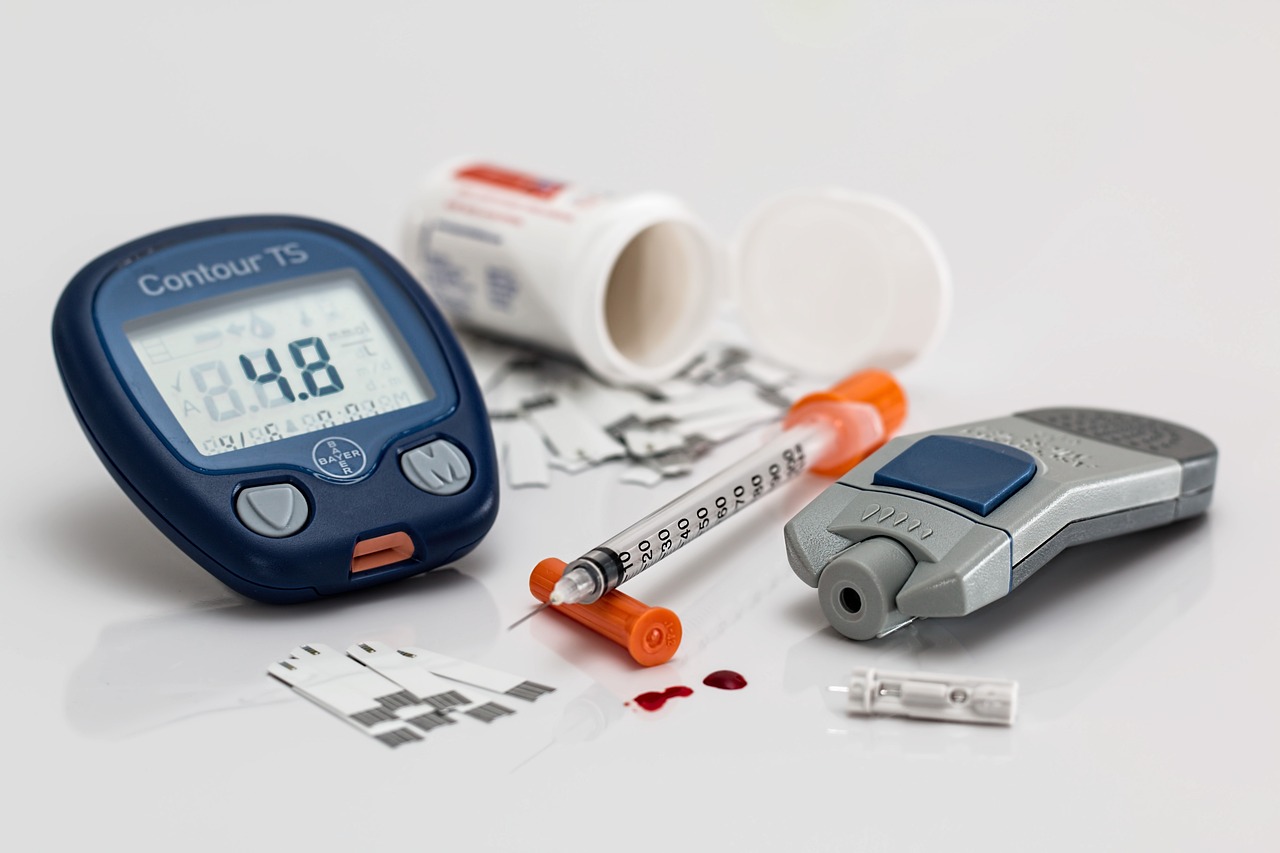salud-y-bienestar
Incorporar actividad física a la rutina diaria no es solo una recomendación médica: es una inversión directa en nuestra calidad de vida. En un mundo donde el sedentarismo se ha vuelto común, moverse con regularidad se transforma en una herramienta poderosa para cuidar el cuerpo y también la mente.
Está comprobado que la práctica regular de ejercicio reduce significativamente el riesgo de desarrollar enfermedades crónicas como la diabetes tipo 2, la hipertensión, enfermedades cardiovasculares e incluso ciertos tipos de cáncer. Caminar, nadar, andar en bicicleta o simplemente realizar tareas del hogar con mayor intensidad puede marcar una gran diferencia a largo plazo. Además de mejorar la salud física, la actividad física fortalece músculos y huesos, previniendo caídas y problemas de movilidad, especialmente en personas mayores.
Beneficios físicos comprobados
- Prevención de enfermedades crónicas: La actividad física reduce el riesgo de padecer enfermedades cardiovasculares, hipertensión, diabetes tipo 2 y ciertos tipos de cáncer, como el de colon .
- Mejora del sistema cardiovascular: El ejercicio fortalece el corazón y mejora la circulación sanguínea, lo que contribuye a una mejor salud cardiovascular .
- Control del peso corporal: Mantenerse activo ayuda a regular el peso y a prevenir la obesidad, reduciendo el riesgo de enfermedades asociadas .
- Fortalecimiento muscular y óseo: La actividad física mejora la fuerza muscular y la densidad ósea, previniendo la osteoporosis y mejorando la movilidad .
- Mejora del sistema inmunológico: El ejercicio regular fortalece el sistema inmunológico, aumentando la resistencia a enfermedades e infecciones .mpadelgym.com
Pero los beneficios no son solo corporales. La salud mental también se ve ampliamente favorecida por el movimiento. Durante el ejercicio, el cuerpo libera endorfinas, neurotransmisores que generan sensaciones de bienestar, reducen el estrés y mejoran el estado de ánimo. Esto puede ser especialmente valioso para quienes atraviesan situaciones de ansiedad, depresión leve o dificultades para conciliar el sueño. Asimismo, la actividad física ayuda a mejorar la concentración, la memoria y la claridad mental, beneficiando tanto a jóvenes como a adultos.
Beneficios para la salud mental
- Reducción del estrés y la ansiedad: El ejercicio regular libera endorfinas, conocidas como las "hormonas de la felicidad", que mejoran el estado de ánimo y reducen el estrés .
- Mejora del sueño: Realizar actividad física puede ayudar a conciliar el sueño más rápidamente y a disfrutar de un descanso más profundo .dkv.es
- Aumento de la autoestima: La práctica regular de ejercicio mejora la percepción personal y la confianza en uno mismo .
- Mejora de la función cognitiva: El ejercicio estimula la producción de proteínas cerebrales que promueven la formación de nuevas conexiones neuronales, mejorando la memoria y la concentración .saludfundamental.es
Más allá de los efectos individuales, la actividad física también tiene un impacto social positivo. Realizar deportes en grupo, asistir a clases colectivas o simplemente salir a caminar con otra persona fomenta el vínculo social, combate el aislamiento y genera una sensación de pertenencia. Esto cobra aún más valor en adultos mayores o personas que atraviesan procesos de salud prolongados.
No es necesario realizar rutinas complejas ni practicar deportes de alto rendimiento. Lo fundamental es mantener una constancia y elegir una actividad que se adapte a nuestras capacidades y estilo de vida. Ya sea bailar, trotar, hacer yoga o subir escaleras en lugar de usar el ascensor, cualquier movimiento cuenta. Las recomendaciones actuales sugieren al menos 150 minutos semanales de actividad física moderada, lo que puede dividirse en sesiones cortas a lo largo del día.
Recomendaciones para incorporar la actividad física en tu rutina
- Duración: Realiza al menos 150 minutos de actividad física de intensidad moderada o 75 minutos de actividad intensa a la semana .
- Frecuencia: Distribuye la actividad a lo largo de la semana, incluyendo ejercicios de fuerza y equilibrio.
- Adaptación: Elige actividades que disfrutes y que se adapten a tus capacidades y estilo de vida.
Consulta con profesionales de la salud
Antes de iniciar un nuevo programa de ejercicios, especialmente si tienes condiciones de salud preexistentes, es recomendable consultar con tu médico o un profesional de la salud para recibir orientación personalizada.
Algunas fuentes:
- Ministerio de Sanidad, Gobierno de España
- Institutos Nacionales de Salud de EE. UU. (NIH)
- Cigna Healthcare
- Cardiosalud.org
- Organización Panamericana de la Salud
- DKV Seguros











